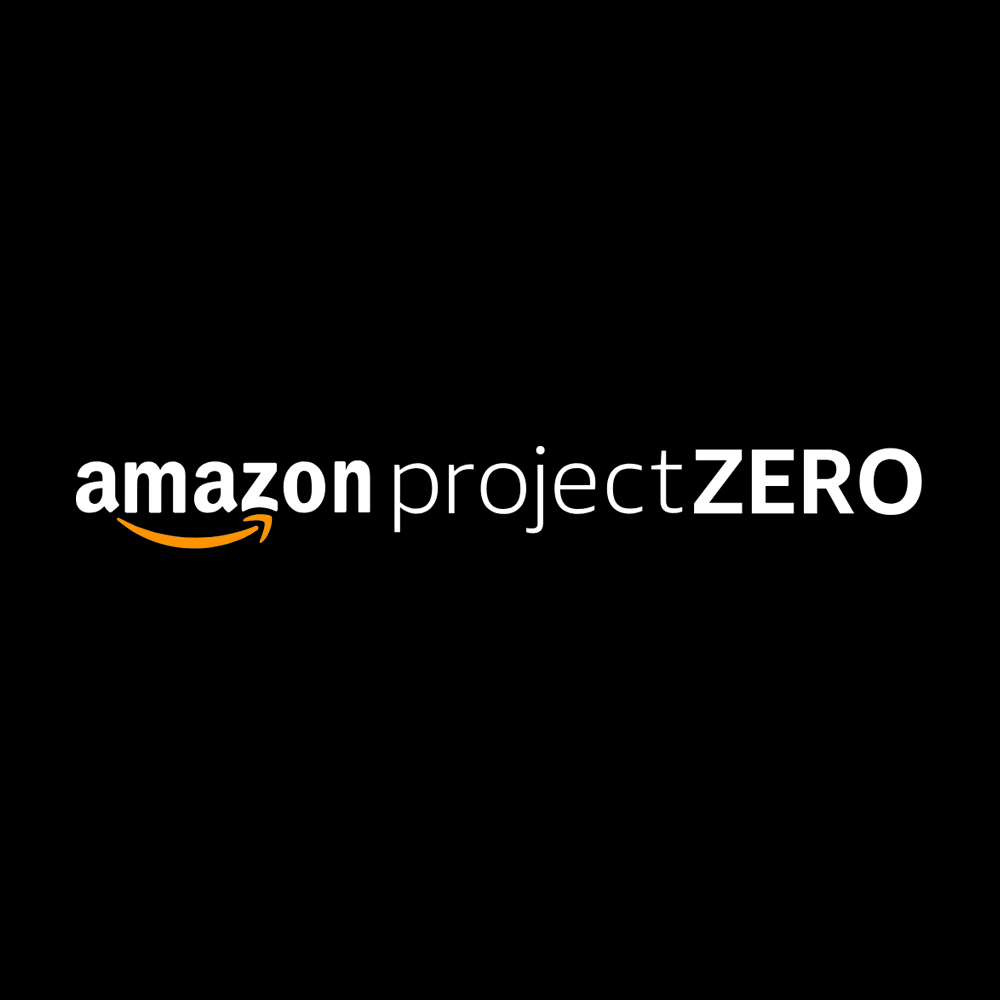5th May 2019 – On March 26, the EU passed the controversial Article 17 of the Copyright Directive to standardize certain key components of copyright law among member nations. The amendment puts the onus on platforms like YouTube and Facebook to make certain that all of the content uploaded to their sites is copyright compliant – a responsibility that was previously held by content creators. This directive was initially voted on in 2006, but with illegitimate content sharing on the rise and the rules of Article 17 now final (awaiting implementation) the jury is still out on whether or not it presents the best possible approach to protecting against pirates and infringers – for platforms or content creators.
While Article 17 is designed to funnel money away from content-sharing platforms like YouTube and Facebook, and redistribute it into the pockets of content creators, one concern is that it is doing so by increasing the costs of conducting business for platforms – at the expense of smaller players. With an average of 300 hours of video uploaded to YouTube every minute, policing copyright infringements is a gigantic task even for industry giants. This will put pressure on platforms to develop automated filters (to avoid sanctions) to deal with the sheer amount of content that will need to be sifted through. Still, automated filters aren’t exactly discerning, and they won’t be able to consider all the nuances of intellectual property law, which does allow for copyrighted materials to be used for parody, news, and when a work is transformative, for example. Over time, this could raise concerns around users’ freedom of expression and even stifle creativity as a result.
Meanwhile, smaller media sites, despite their limited resources, will still be held to the same standards as leaders like YouTube and Facebook, and accountable for obtaining licensing agreements with each copyright holder. So these smaller companies could be hung out to dry, if it isn’t realistically and financially viable for them to operate without such policing measures, leaving few other smaller, independent alternative platforms.
At the heart of this amendment is the desire to empower content creators such as musicians and journalists. While this is a noble cause and long overdue initiative, solely putting the burden of copyright compliance on the platforms only scratches the surface of the problem. Ultimately, when potentially infringing content gets blocked by a platform, the burden will still fall on right holders to review it and decide whether or not it needs to be taken down or monetize upon, for instance. However, manually reviewing every single case will eventually take precious time away from content owners instead of empowering them to take control over their content.





